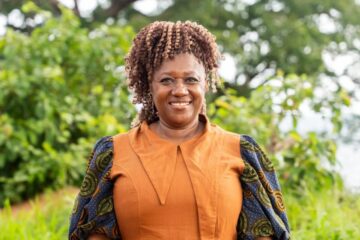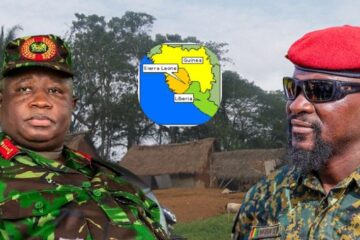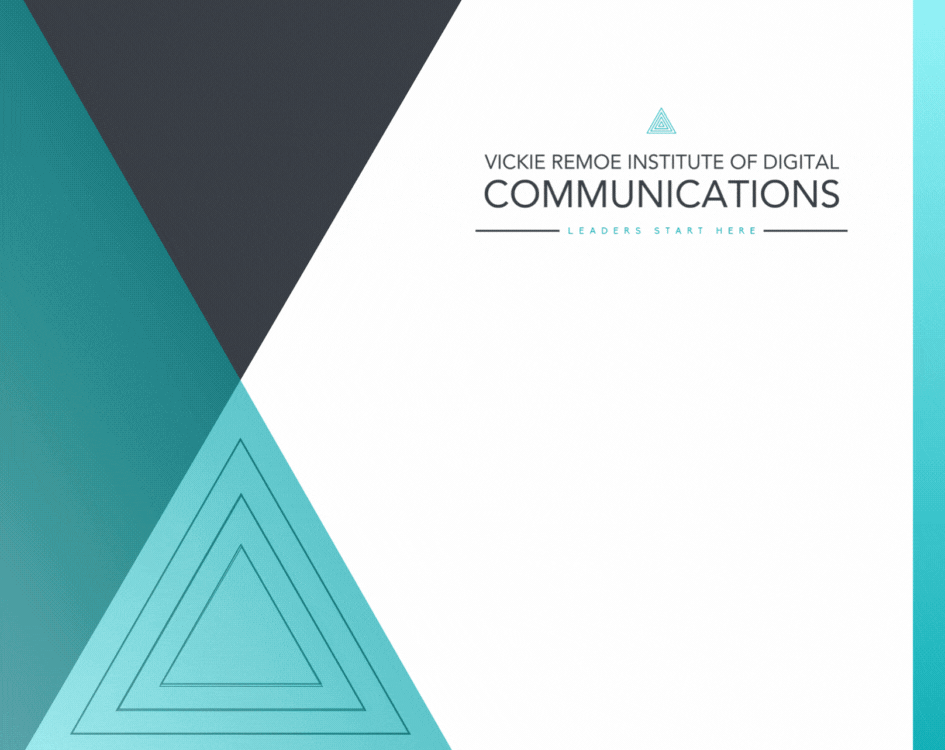Sierra Leone’s New Child Rights Bill Faces Criticism Over FGM Loophole

The Parliament of Sierra Leone’s recent passage of the Child Rights Act 2025 has stirred significant controversy particularly over the law’s silence on the criminalisation of Female Genital Mutilation (FGM). While it introduces several progressive reforms aimed at child protection, the Bill, which was passed on July 3rd, 2025, has triggered a heated national debate for failing to take a definitive stance on one of the most contentious harmful practices affecting girls in Sierra Leone.
The Sierra Leone Child Rights Act, 2025, primarily focuses on safeguarding children’s rights and well-being, including their right to a name, nationality, and identity, as well as protection from all forms of violence, abuse, and harmful practices. It also addresses issues like forced marriage, early marriage, and the right to participate in social activities and express their opinions. The Act also aims to ensure children’s access to education and other basic needs.
Following widespread confusion and speculation upon the Bill’s release, Parliament issued a public disclaimer clarifying that the new Act does not criminalise FGM nor prescribe penalties for its practice. Rather than tensions, the statement deepened public mistrust and reignited concerns about the state’s commitment to protecting underage girls from harmful traditional practices.

Parliament of Sierra Leone’s disclaimer on FGM not being criminalised
In a sharp response, the Human Rights Commission of Sierra Leone expressed serious concern and urged President Julius Maada Bio to withhold assent and instead seek amendments that would provide stronger legal safeguards for minors. The Commission’s position reflects growing frustration over Parliament’s reluctance to take a firm stance against FGM, a practice widely documented as violating the rights of girls to health, dignity, and bodily autonomy.
The latest controversy has also raised questions about the separation of powers and legislative responsibility, according to the Institute of Legal Research and Advocacy for Justice (ILRAJ). Legal observers note that once a Bill is passed by Parliament, its interpretation falls within the exclusive jurisdiction of the courts. Critics argue that Parliament’s post-passage disclaimer muddies the legal waters and undermines institutional boundaries, potentially weakening public confidence in the legislative process.
The debate touches a deeper fault line in Sierra Leone’s legal and political history—the tension between defending cultural norms and upholding human rights. A similar resistance was encountered in 2007 when the original Child Rights Act was passed, as defenders of tradition pushed back against reforms aimed at eradicating entrenched harmful practices
Sierra Leone Found in Breach of Human Rights Over FGM
Compounding the situation is a landmark ruling delivered on July 8, 2025, by the Community Court of Justice, ECOWAS, which held Sierra Leone liable for human rights violations due to its failure to criminalise FGM. The case—filed by Forum Against Harmful Practices (FAHP), We Are Purposeful, and survivor Kadijatu Balaima Allieu—alleged that the government’s legislative inaction had enabled the continued practice of FGM, in violation of various international human rights treaties.
The ECOWAS Court found the government in breach of multiple legal obligations, including Article 5 of the Maputo Protocol and Article 21 of the African Charter on the Rights and Welfare of the Child, both of which require state parties to enact laws that prohibit harmful practices such as FGM. The Court also ruled that the government had violated Ms. Allieu’s rights to security of person, dignity, and access to justice, and ordered Sierra Leone to pay $30,000 in compensation and to promptly enact legislation criminalising FGM.
The ECOWAS ruling adds considerable pressure on the executive arm of government as President Bio considers whether to assent to the Bill in its current form. With both domestic watchdogs and regional courts demanding legislative action against FGM, the political stakes are high.
As Sierra Leone stands at this critical legal and moral juncture, the next move lies with the President. Whether he upholds Parliament’s version of the law or sends it back for amendment could define the country’s commitment to child protection for years to come.








